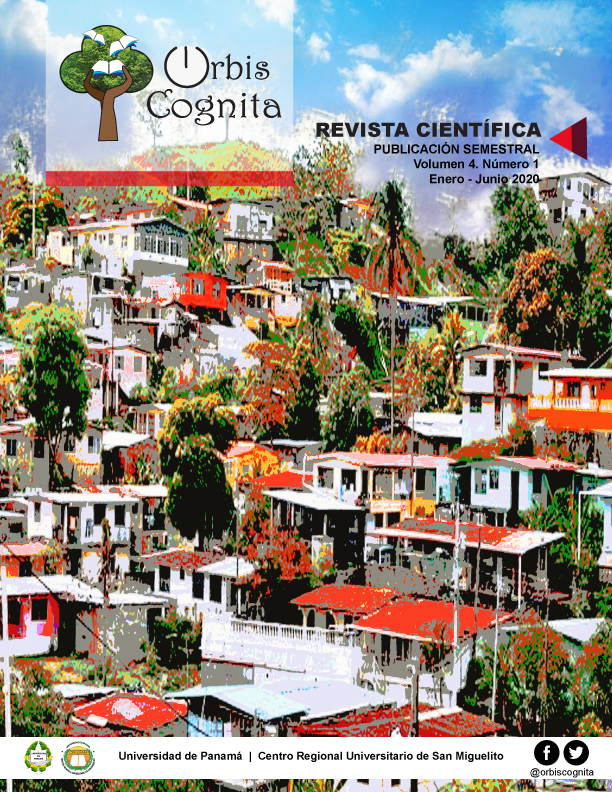

The great technological innovations, the intrinsic characteristic of Internet, and the increase of inexperienced users, have become the main field of action of the cybercriminals, who are on the lookout to design novel and forms of infraction of the law. In turn, these innovations, which have contributed to what today is well was known as "Globalization”, has played a transcendental role in the world's economic growth and has been without a number of advantages and disadvantages that have worked of benefit and users and organizations. Their growing bond, crosses the borders of countries. On the other hand, the aforementioned non-existence of borders offers a bigger number of opportunities to perpetrate different acts or antisocial behavior, mainly malicious attacks on information systems. These facts have motivated governments to confront history, people, and companies. Regulations to all countries. In 2001, the European Council took on this challenge, trying to mitigate the problem of supranationalism, but according to the UN's comprehensive study in 2013, the real focus of the problem are the least important countries, as these are mostly vulnerable to cybercrime. This is the objective of our investigation since Panama, a developing country and in regard to this type of acts, may suffer damages, to the electronic banking operations and the organizations and users that manage this type of service. This is where the objective and interest of this article arises, to investigate what are the existing regulations in Panama that help control, prevent or mitigate this problem latent worldwide that may specifically affect the Accounting and Administrative Information Systems and therefore the organizations and users that manage them.